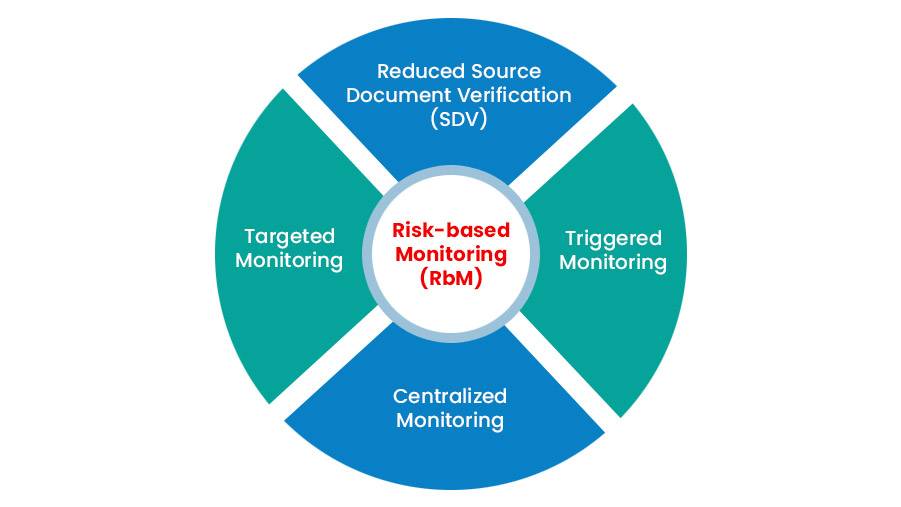Clinical research is a highly professional field that requires the medical experts, research associates, and other staff to learn, train and work in with sophisticated healthcare systems. Working in this field asks for continuous engagement, learning new skills and gaining experience. It also involves long working hours, working in shifts, professional and physical stress. Clinical research and studies are intensive and require attention, diligence, and organization. Without these, the clinical study or research cannot provide accurate results and may result in loss of time, money and resources.
Skilled healthcare professionals in high demand and experts believe that this will increase in the future. It is impossible to provide effective health-care in the United States to patients without skilled health care professionals. Healthcare systems should be designed to provide optimum and humane care to patients by the health industry. Clinical studies and research that provide effective health-care solutions totally depend on skilled healthcare staff.
 *”All health professionals should be educated to deliver patient-centered care as members of an interdisciplinary team, emphasizing evidence-based practice, quality improvement approaches, and informatics.”
*”All health professionals should be educated to deliver patient-centered care as members of an interdisciplinary team, emphasizing evidence-based practice, quality improvement approaches, and informatics.”
US healthcare is dealing with a quality crisis. The quality of health-care provided doesn’t guarantee the quality of care for any particular health problem.
Mary Naylor, School of Nursing, University of Pennsylvania, a panelist at the summit says “We have both a culture and organization of care that separate our care into distinct systems—hospitals, home care, skilled nursing facilities—with little formal communication, relationships, or collaboration between and among those settings. And providers don’t necessarily see that they’re responsible for what happens to people as they move from one level of care to another. We don’t pay a lot of attention to issues of quality assessment, particularly in those difficult hands-offs or transitions from one level of care to another (Naylor, 2002).”
According to the experts, the problems can be listed as follows-
- Lack of coordination and collaboration in health professionals
- Differing professional perspectives and values
- Role competitions
- Turf issues
- Lack of common language among professionals
- Differing accreditation and licensure regulations
- Differing Payment systems and existing hierarchies
All the above factors contribute towards the lack of effective care for the patient. It brings lack of continuity and coordination of care, often leads to miscommunication and includes redundant and wasteful processes, and excess costs that also increased the financial burden and suffering for the patient have resulted in patient suffering.
Effective treatment of chronic conditions has to be a continuous process, across settings and types of providers. For this collaboration with each other and patient’s is required.
The effectiveness of a good healthcare system that responds to patient requirements depends upon many factors like supplies, facilities, and the state of knowledge and the level of information technology. However, if there is a lack of educated professionals, the above inputs become meaningless. Apart from other professionals, the shortage of skilled healthcare professionals, especially nurses is daunting for the healthcare industry.
Here is a list of some effective steps
- Providing specialized education to focus on enhancing quality
- Providing training to understand and implement safety standards
- Collaboration and good understand in between professionals
- Providing tools to empower health professionals to make continuous changes in the health care system
References from:
(Institute of Medicine (US) Committee on the Health Professions Education Summit; Greiner AC, Knebel E, editors. Health Professions Education: A Bridge to Quality. Washington (DC): National Academies Press (US); 2003. Chapter 3, The Core Competencies Needed for Health Care Professionals. Available from: https://www.ncbi.nlm.nih.gov/books/NBK221519/)



